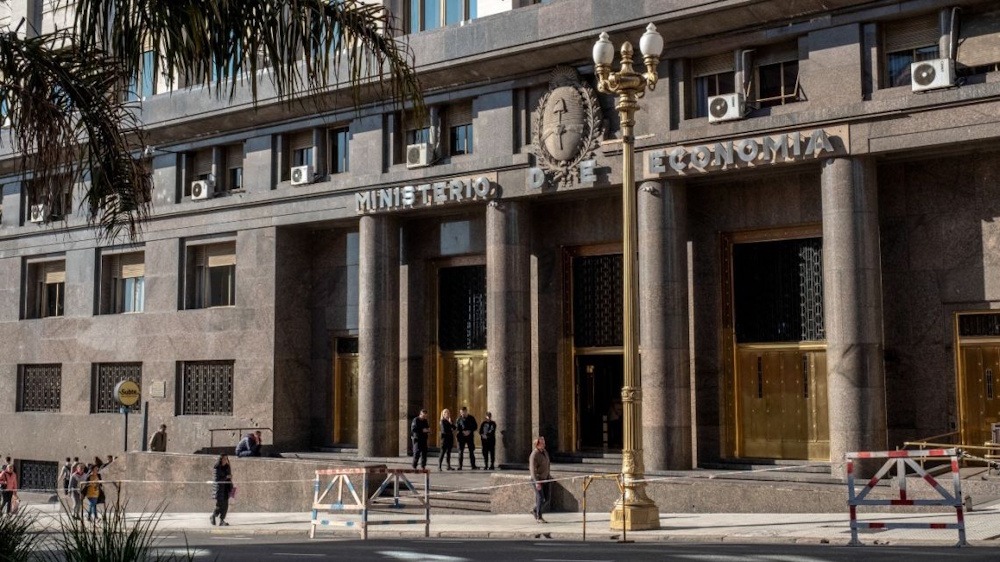Argentina’s Central Bank has put into place stronger currency controls for people, which is a reaffirmation of a previous law that was designed to prevent the widespread arbitrage tactic that has resulted in a reduction of the Central Bank’s reserves. As of this moment, everyone who obtains official dollars will be subject to a ninety-day ban on the purchase of financial assets that are denominated in foreign currency, and the opposite of this will also be in effect.
The legislation, which is known as a “cross restriction,” reinstates a policy that was abolished earlier this year and broadens its scope to cover all individuals, rather than being limited to business executives and financial directors. On April 14th, the government made a public announcement that regulations for people who were looking to buy foreign currency would be relaxed to some extent. In doing so, the government removed the ban, but it continued to be in effect for corporations. The government is executing a plan to acquire dollars at the official exchange rate and then resale them in financial markets such as the MEP or CCL, where they fetch a premium, resulting in significant profits.
This measure is taken after the Central Bank spent 1.1 billion dollars in the week before; nonetheless, this expenditure did not succeed in stabilizing the value of the peso. According to the administration of Javier Milei, the purpose of the project is to reduce currency speculation and to strengthen its ability to oversee foreign exchange operations in order to increase the Central Bank’s reserves.
An essential requirement of Argentina’s agreement with the International Monetary Fund (IMF), which serves as the foundation for the country’s more comprehensive economic program that was developed in collaboration with Washington, is the accumulation of dollars by the Central Bank and the Treasury in order to fulfill debt commitments. Restrictions on dollar transactions are becoming more stringent in Argentina.

